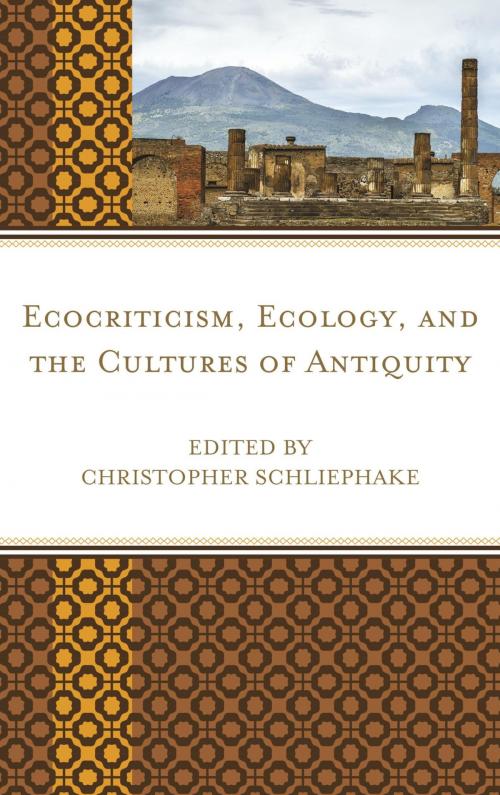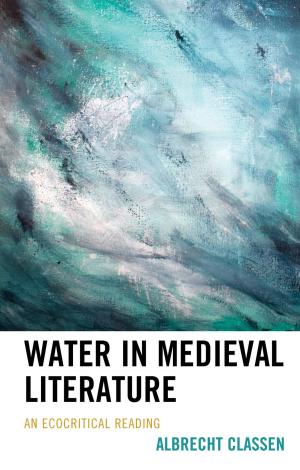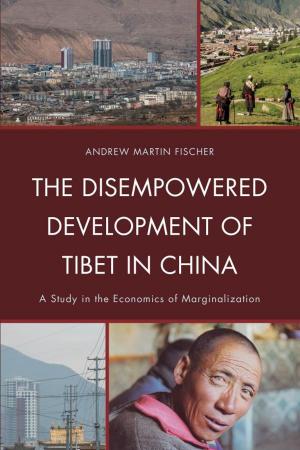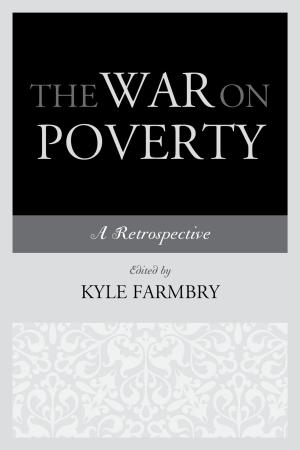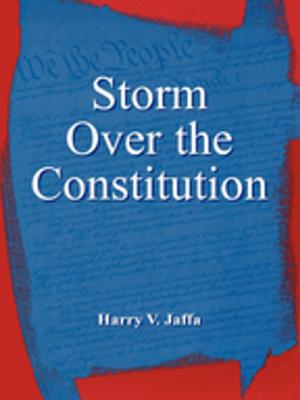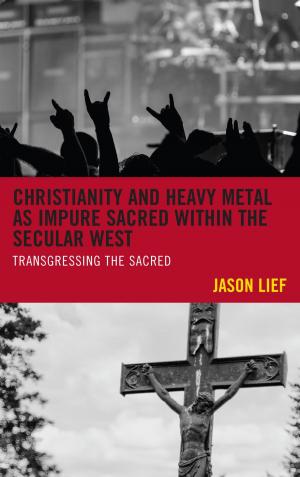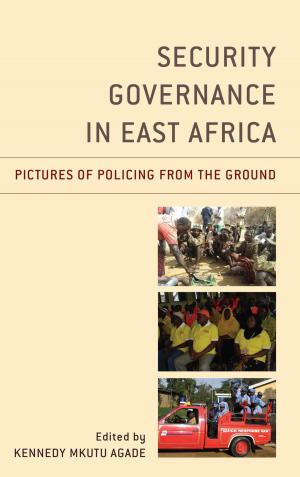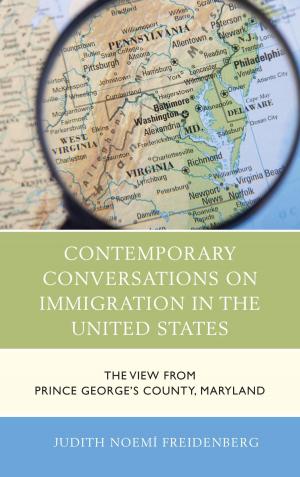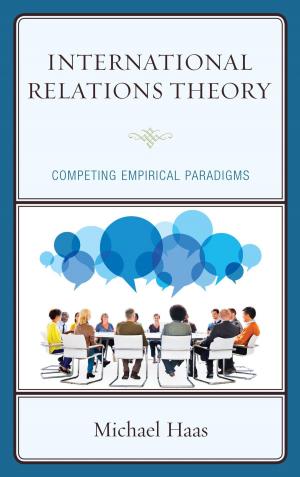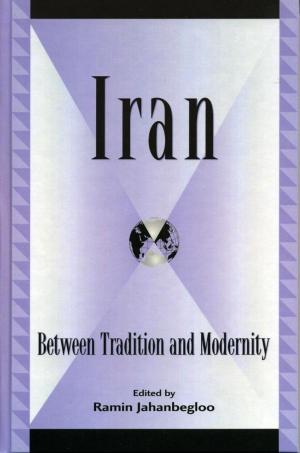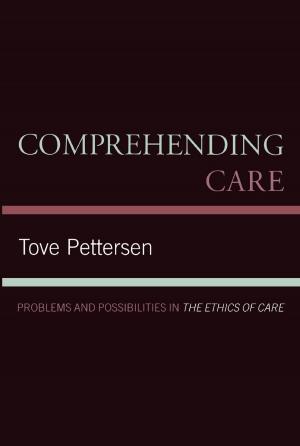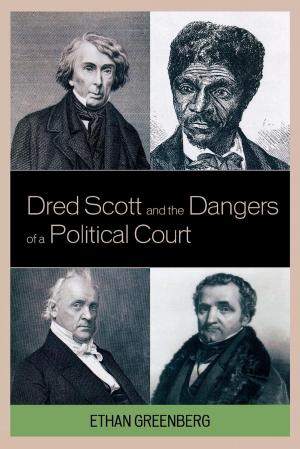| Author: | Anna Banks, Roman Bartosch, Hannes Bergthaller, Christopher Chinn, Katharina Donn, Terry Gifford, Laurence Grove, J. Donald Hughes, Richard Hutchins, Marguerite Johnson, Lars Keßler, Aneta Klisczc, Joanna Komorowska, Lucy Mercer, Konrad Ott, Vittoria Prencipe, Kate Rigby, Laura Sayre, Thomas Sharkie, Justine Walter, Jingcheng Xu, Serenella Iovino | ISBN: | 9781498532853 |
| Publisher: | Lexington Books | Publication: | December 7, 2016 |
| Imprint: | Lexington Books | Language: | English |
| Author: | Anna Banks, Roman Bartosch, Hannes Bergthaller, Christopher Chinn, Katharina Donn, Terry Gifford, Laurence Grove, J. Donald Hughes, Richard Hutchins, Marguerite Johnson, Lars Keßler, Aneta Klisczc, Joanna Komorowska, Lucy Mercer, Konrad Ott, Vittoria Prencipe, Kate Rigby, Laura Sayre, Thomas Sharkie, Justine Walter, Jingcheng Xu, Serenella Iovino |
| ISBN: | 9781498532853 |
| Publisher: | Lexington Books |
| Publication: | December 7, 2016 |
| Imprint: | Lexington Books |
| Language: | English |
Although current environmental debates lay the focus on the Industrial Revolution as a sociopolitical development that has led to the current environmental crisis, many ecocritical projects have avoided historicizing their concepts or have been characterized by approaches that were either pre-historic or post-historic: while the environmental movement has harbored the dream of restoring nature to a state untouched by human hands, there is also the pessimistic vision of a post-apocalyptic world, exhausted by humanity’s consumption of natural resources. Against this background, the decline of nature has become a narrative template quite common among the public environmental discourse and environmental scientists alike. The volume revisits Antiquity as an epoch which witnessed similar environmental problems and came up with its own interpretations and solutions in dealing with them. This decidedly historical perspective is not only supposed to fill in a blank in ecocritical discourse, but also to question, problematize, and inform our contemporary debates with a completely different take on “nature” and humanity’s place in the world. Thereby, a productive dialogue between contemporary ecocritical theories and the classical tradition is established that highlights similarities as well as differences. This volume is the first book to bring ecocriticism and the classical tradition into a comprehensive dialogue. It assembles recognized experts in the field and advanced scholars as well as young and aspiring ecocritics. In order to ensure a dialogic exchange between the contributions, the volume includes four response essays by established ecocritics which embed the sections within a larger theoretical and practical ecocritical framework and discuss the potential of including the pre-modern world into our environmental debates.
Although current environmental debates lay the focus on the Industrial Revolution as a sociopolitical development that has led to the current environmental crisis, many ecocritical projects have avoided historicizing their concepts or have been characterized by approaches that were either pre-historic or post-historic: while the environmental movement has harbored the dream of restoring nature to a state untouched by human hands, there is also the pessimistic vision of a post-apocalyptic world, exhausted by humanity’s consumption of natural resources. Against this background, the decline of nature has become a narrative template quite common among the public environmental discourse and environmental scientists alike. The volume revisits Antiquity as an epoch which witnessed similar environmental problems and came up with its own interpretations and solutions in dealing with them. This decidedly historical perspective is not only supposed to fill in a blank in ecocritical discourse, but also to question, problematize, and inform our contemporary debates with a completely different take on “nature” and humanity’s place in the world. Thereby, a productive dialogue between contemporary ecocritical theories and the classical tradition is established that highlights similarities as well as differences. This volume is the first book to bring ecocriticism and the classical tradition into a comprehensive dialogue. It assembles recognized experts in the field and advanced scholars as well as young and aspiring ecocritics. In order to ensure a dialogic exchange between the contributions, the volume includes four response essays by established ecocritics which embed the sections within a larger theoretical and practical ecocritical framework and discuss the potential of including the pre-modern world into our environmental debates.
